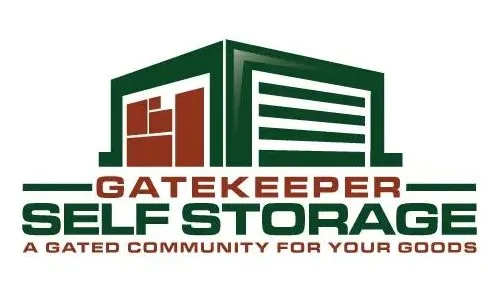
North Council facility
- 8701 North Council Road, Oklahoma City
- 405-721-3818
Edmond facility
- 3221 E. Memorial Road, Edmond/Oklahoma City
- 405-562-1990



TWO CONVENIENT LOCATIONS and AFFORDABLE UNITS
$29.99 Moves You In
8701 North Council Road, Oklahoma City
405-721-3818
3221 E. Memorial Road, Edmond/Oklahoma City
405-562-1990

Safe, Secure, Climate Controlled OKC Self Storage Units in Edmond & Oklahoma City. Gatekeeper is family owned. Managers live on site.

Our Edmond & Oklahoma City Storage Units are excellent for important documents, files and office equipment.

Gatekeeper has large storage units in Oklahoma City, which are able to accommodate compact vehicles or small watercraft

We have storage units that suit a wide variety of needs and budgets. Call Gatekeeper Storage today.
Your Satisfaction is our #1 goal
We have a team of friendly storage professionals who are reachable 24 hours a day, 7 days a week, to assist you with all of your Oklahoma storage needs
Gatekeeper Storage offers clean, secure, and affordable Storage Units for those who are seeking a safe place to store goods of all kinds.
Because Gatekeeper Storage is a family owned and operated business, we don't raise rates every few months and we don't change excessive admin fees.
We have climate controlled storage units in Oklahoma City & Edmond, OK to ensure your goods are kept in the best possible condition until you find a permanent home for them
Gatekeeper locations are conveniently located and offer easy drive-up access
Our storage professionals are skilled when it comes to pairing our customers with the right sized storage unit for their needs and budget
One thing that sets Gatekeeper Storage apart is our friendly customer service. We go above and beyond to insure your satisfaction
Our customers continue to return because of our high quality OKC storage units and unwavering dedication to security and affordability
Submit Your details. We will get back to you immediately.
